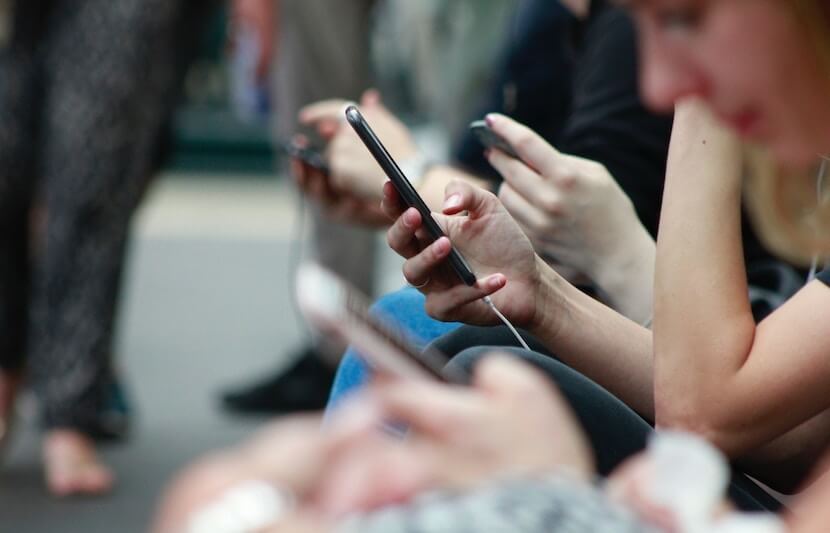Too much time on Instagram, Snapchat and Facebook could increase depression and loneliness, researchers from the University of Pennsylvania find.
When social media first started, many people understood it as a platform to reconnect with far-away family and friends.
But social media has since evolved. Celebrities, social influencers and even friends post pictures of expensive items, decadent vacations and themselves, seemingly to compete for likes and followers.
Although images of a beautiful white-sand beach, a brand new Rolex or even a glamorous selfie can be entertaining, the sense of social comparison that stems from them is not always healthy.
“It is a little ironic that reducing your use of social media actually makes you feel less lonely,” Melissa G. Hunt, the associate director of clinical training in the Department of Psychology at Penn and lead author of the study, said in a statement.
But after a longer look, it starts to make sense.
“Some of the existing literature on social media suggests there’s an enormous amount of social comparison that happens,” Hunt continued. “When you look at other people’s lives, particularly on Instagram, it’s easy to conclude that everyone else’s life is cooler or better than yours.”
The study
The researchers chose Facebook, Snapchat and Instagram specifically for this study because of their popularity with undergraduate college students between the ages of 18 and 22.
At the start of the study, 143 participants in that age group had to complete a survey of their overall mood and well-being. The researchers were able to find out how often the participants used the social platforms because iPhones automatically track usage for active apps.
The participants were then split into two groups. The members of the control group used social media as they normally would. Those in the experimental group had to limit their time spent on each social media platform to 10 minutes per day.
The researchers evaluated seven outcome measures, including fear of missing out, anxiety, depression and loneliness.
“Here’s the bottom line,” Hunt said in a statement. “Using less social media than you normally would leads to significant decreases in both depression and loneliness. These effects are particularly pronounced for folks who were more depressed when they came into the study.”
A paper describing the full study is published in the Journal of Social and Clinical Psychology.
These current findings can’t speak for other social media platforms or age groups, but the researchers plan to evaluate those factors in the future.
What should you do?
Hunt doesn’t want individuals in this age group to stop using social media altogether. She knows that is an unrealistic goal. But she would encourage them to slow down their usage.
“When you’re not busy getting sucked into clickbait social media, you’re actually spending more time on things that are more likely to make you feel better about your life,” she explained in a statement.
“In general, I would say, put your phone down and be with the people in your life,” she continued.



